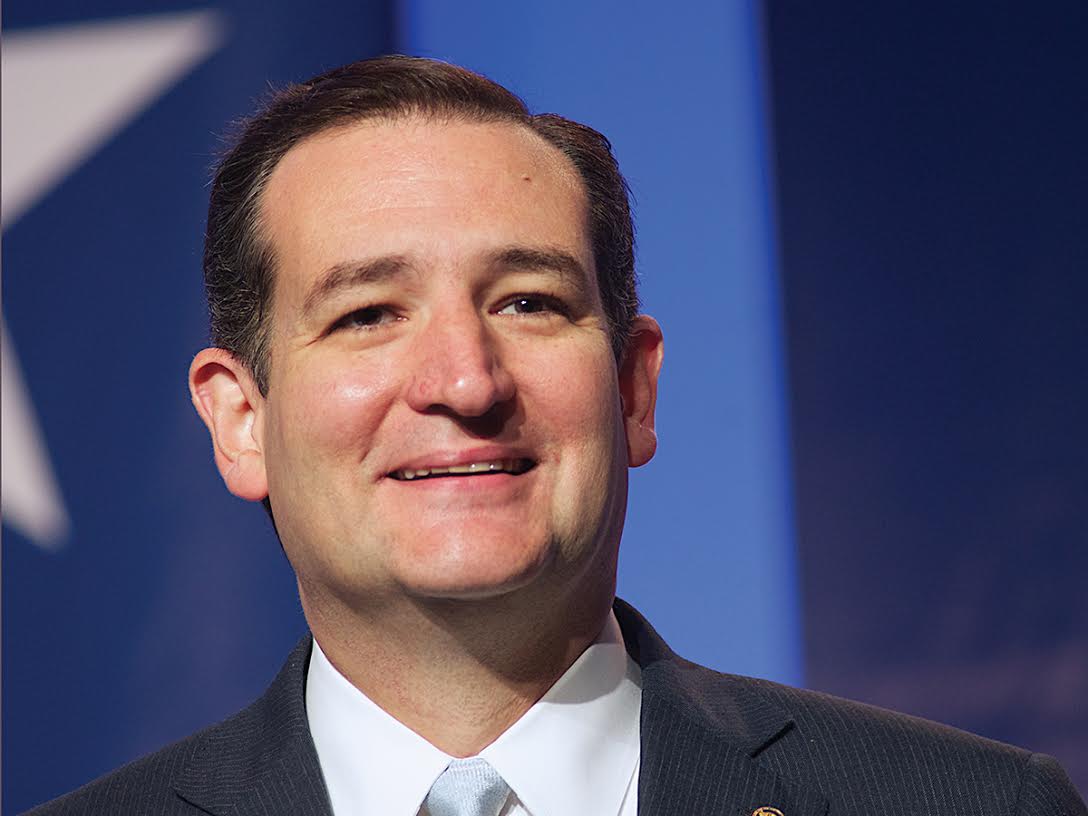
For the last year, up until he dropped out of the race a few weeks ago, Ted Cruz had been considered a viable candidate for the Republican Party, but became undercut by Donald Trump’s fiery rhetoric and constant personal jabs during debates. By the end of April, it was clear that Cruz faced an ultimatum: Either adapt to the current political atmosphere or be overwhelmed by the masses of Trump supporters. Therefore, Cruz needed to reach the American public in a way that sparked positive discussion about his values and the feasibility of his campaign against Hillary Clinton, who is poised to win the Democratic nomination.
To this end, Cruz could have brought to light other policy issues or torched on the lack of firm policy stances from other candidates. He should have requested public endorsements from foreign leaders, religious establishments or private interests. Cruz could have reached out on a more local level, with more attention invested into key background states. Despite the various options available to his campaign, Cruz decided to name Carly Fiorina as his running mate months before the primaries’ conclusion as a way of reassuring the American public that he is capable of winning the election. Yet, the premature announcement was tantamount to political suicide.
Fiorina’s involvement in the recent primaries did not produce much progress either. Originally campaigning as her own candidate, Fiorina stood as the only woman in the sea of men running in the Republican race. Fiorina revoked her involvement in the primary race several months ago due to low polling numbers.
Fiorina has a particularly abysmal reputation as the spearhead of the Compaq and Hewlett-Packard (HP) merger, when the two companies combined and underwent a major re-organization, which resulted in thousands of American layoffs due to the overseas relocation of manufacturing facilities. These issues were further exacerbated by billions of dollars in stock losses. After the merger, Fiorina still held an influential role within the newly formed company and oversaw most of its direction. Since then, the personal computer divisions of HP and Compaq have suffered immensely due to loss of market share. What American in their right mind would vote for a vice president with a history of defending American layoffs and job loss to foreign nations?
In addition, many political pundits speculate that her outright brashness and deep commitment to right-wing ideals led many to dissociate with Fiorina’s campaign, including moderates. This is due to her outlandish campaign platforms, which consisted of policies against gay marriage, a three-page tax code and social media as a tool to combat terrorism. Negative sentiments among voters also became furthered by Fiorina’s homophobia, militarism and criticism of women’s health care. From a political standpoint, Fiorina is hopelessly out of touch with the general population.
Another possible reason as to why the decision to stand with Fiorina backfired is the circumstances of the decision. Traditionally, candidates choose their running mates after receiving a party nomination. Cruz decided to name his running mate before actually winning the Republican nomination, which broke this longstanding tradition. Voters were not satisfied with the Fiorina choice, as many might have seen it as a break from “principle,” something that Cruz has repeatedly stood for in his campaign.
Instead of drawing the American people toward his campaign, Cruz alienated many by choosing Fiorina, one of the most brash and disliked candidates of the Republican primaries. The Fiorina announcement came before the Indiana primary, where it was imperative for Cruz to secure enough delegates to remain in the race. Yet, Trump won the Indiana primaries and Cruz finally declared defeat after months of grueling competition on the election trail. If Cruz really wanted to win the elections, he should have realized that two rights make a wrong.








